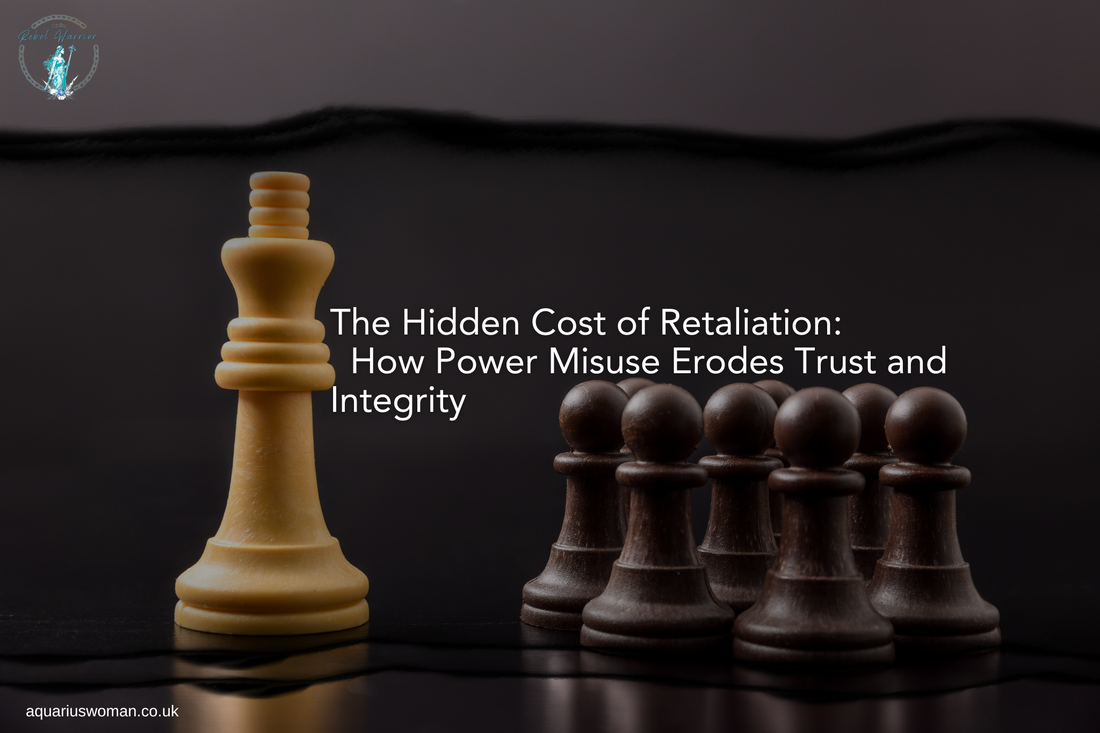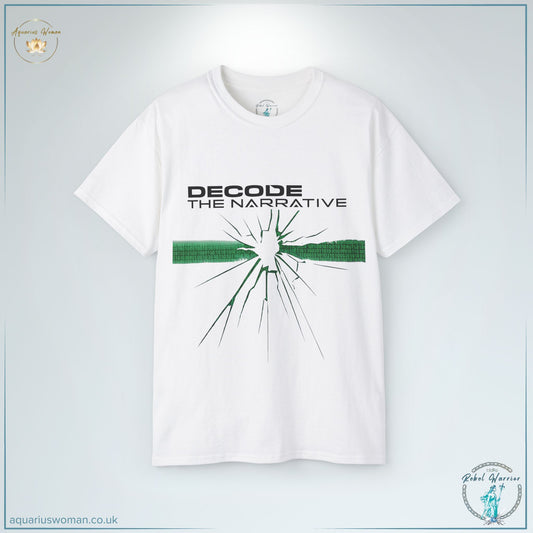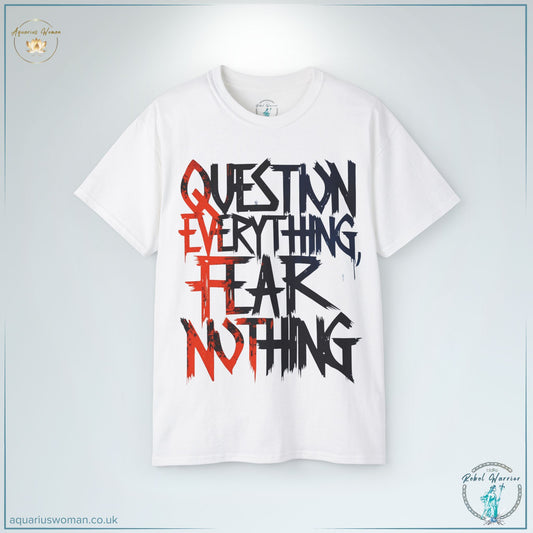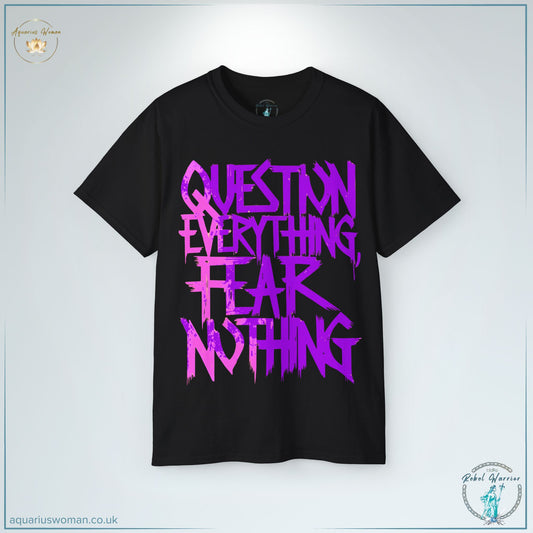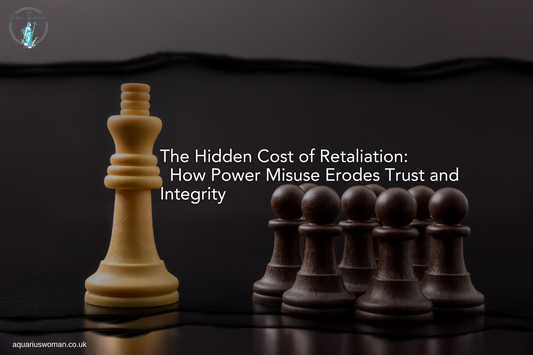To the one who wields power to silence and intimidate
Do you truly understand the weight of your actions? The profound harm you inflict when you choose to retaliate against those who dare to stand up for what is right? In your quest to protect your ego and preserve your authority, you inflict wounds that run deep, leaving lasting scars on innocent lives.
Your need to dominate, to assert control, blinds you to the humanity of those you target. You strip away their dignity, their sense of safety, and their trust in the very systems meant to protect them. Each act of aggression, each moment of intimidation, is a betrayal of the principles of respect and integrity you are supposed to uphold.
The Human Cost of Retaliation
The victim of your actions is not just a name on a report or a face in the crowd. They are a human being with hopes, dreams, and fears. They are someone's child, someone's friend, someone who deserves to be treated with the same respect and kindness you demand for yourself. Every time you choose to use your power to silence and intimidate, you contribute to a cycle of fear and mistrust that poisons the very environment you are part of.
Consider the emotional toll on those you victimise. The sleepless nights, the anxiety, the constant fear of further retaliation. Imagine the helplessness of knowing that speaking out for justice has made them a target. These are not just abstract concepts; they are real, tangible effects of your actions.
The Erosion of Ethical Foundations
Your actions do not only reflect a failure of character; they erode the very foundation of ethical conduct in your professional sphere. They send a chilling message to others that standing up for justice will be met with cruelty, that the cost of integrity is too high. When leadership resorts to intimidation, it creates a culture where fear suppresses truth, and injustice goes unchallenged.
In such environments, morale plummets, trust disintegrates, and the ethical fabric of the institution frays. Talented, principled individuals are driven away, leaving behind a hollow shell where excellence and innovation once thrived. What remains is a toxic culture where mediocrity and silence are the norms.
The Ripple Effect of Harm
The harm you cause ripples outwards, affecting not just your victim, but the entire community. It fosters an environment of fear and silence, where others are discouraged from speaking up, from challenging wrongs, from striving for a better, more just world. The damage extends beyond the immediate victim to every person who witnesses the abuse, to every individual who learns that power can be wielded without accountability.
Your actions undermine the trust that is essential for any community or organisation to function. Trust is the bedrock of cooperation, of collaboration, of progress. When trust is broken, everything built upon it begins to crumble.
A Call to Reflect and Change
But remember this: power used to harm is power that ultimately destroys. It destroys trust, it destroys morale, and it destroys the very fabric of a healthy, just society. The true measure of your character is found not in the power you wield, but in the respect you show to those who are most vulnerable.
It is time to reflect on the true impact of your actions. Look beyond your immediate desire to control and consider the profound consequences of your behaviour. Choose empathy over intimidation, integrity over ego. Only then can you begin to repair the damage and contribute to a culture that values and respects every individual.
The Path to Redemption
The path to redemption is not easy, but it is necessary. It starts with acknowledging the harm you have caused and committing to change. This involves not only ceasing retaliatory behaviours but also actively working to restore trust and foster a culture of respect and integrity.
Acknowledge the Harm: Publicly recognise the damage your actions have caused. Apologise sincerely to those you have wronged.
Commit to Change: Develop and implement policies that protect whistle-blowers and those wronged, demand ethical behaviour. Ensure these policies are enforced consistently and fairly.
Lead by Example: As a leader, model the behaviour you wish to see. Demonstrate respect, fairness, and integrity in all your actions. Show that power can be used to uplift, not to intimidate.
The Legacy of Integrity
In the end, the legacy you leave will be defined by the choices you make today. Will you be remembered as someone who used their power to harm and intimidate, or as a leader who championed integrity and respect? The choice is yours, and the impact of that choice will resonate far beyond your immediate sphere of influence.
Choose to be a beacon of ethical conduct. Choose to create a legacy of trust, respect, and justice. For in the end, the true measure of your character will be found not in the power you wield, but in the positive impact you leave behind.

